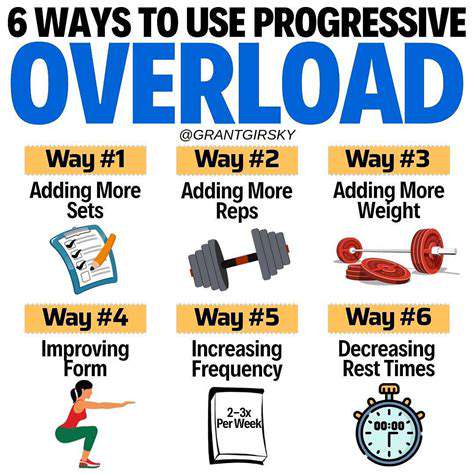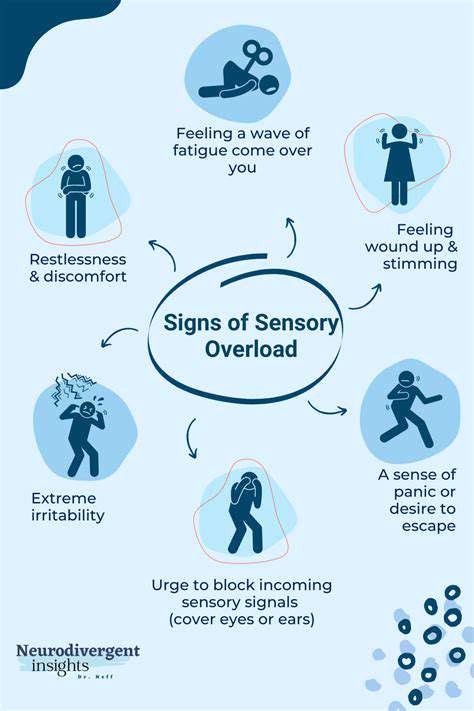Understanding Kidney Disease: Symptoms and Management
Gene editing technologies, such as CRISPR-Cas9, hold immense promise for treating a wide range of genetic diseases. These methods allow scientists to precisely target and modify specific genes within a patient's cells, potentially correcting the underlying genetic defect responsible for the disease. This could revolutionize the treatment of conditions like cystic fibrosis and sickle cell anemia, offering a potential cure instead of just managing symptoms. The technology is still under development, but early clinical trials show promising results, and researchers are working to overcome challenges related to delivery and off-target effects.
Dietary Considerations for Kidney Disease Patients
Importance of Protein Restriction
Protein restriction is a crucial dietary consideration for kidney disease patients. The kidneys play a vital role in filtering waste products from the blood, and when kidney function is compromised, these waste products can build up, leading to further damage. High protein intake puts extra strain on the kidneys, as they have to work harder to process the excess protein. A carefully controlled protein intake helps to reduce this strain and slow the progression of kidney disease.
The specific amount of protein that's appropriate varies based on the stage of kidney disease and individual needs. This is something that needs to be discussed with a registered dietitian or nephrologist to ensure the patient gets the right amount of protein to support their overall health without putting too much stress on their kidneys. It's important to remember that protein is essential for various bodily functions, so this isn't about eliminating protein entirely, but about carefully managing its intake.
Managing Fluid Intake
Managing fluid intake is another critical aspect of dietary management for kidney disease. When kidneys aren't functioning optimally, they may not be able to effectively remove excess fluid from the body. This can lead to swelling (edema), high blood pressure, and other complications. Following a prescribed fluid intake helps to maintain appropriate hydration levels without overwhelming the kidneys.
The amount of fluid allowed will vary depending on the patient's individual needs and the stage of their kidney disease. It's essential to carefully follow the guidelines provided by healthcare professionals to ensure proper fluid balance and overall well-being. This often involves restricting fluids to specific amounts per day, and in some cases, avoiding certain beverages like coffee or tea. Strict adherence to these guidelines is essential for managing fluid overload.
Potassium Control
Potassium is an essential mineral for the body, but elevated potassium levels (hyperkalemia) can be dangerous for individuals with kidney disease. When the kidneys aren't able to filter potassium effectively, it can accumulate in the blood, potentially leading to serious heart problems. Therefore, it's vital to monitor and control potassium intake.
Phosphate Management
Phosphate is another mineral that requires careful management in kidney disease. The kidneys play a key role in regulating phosphate levels in the blood. When kidney function declines, phosphate can build up, leading to complications like bone disease (renal osteodystrophy). Controlling phosphate intake through dietary modifications and medications is crucial to prevent these issues.
Dietary modifications often involve limiting foods high in phosphate, such as dairy products, processed meats, and certain types of beverages. Working with a registered dietitian can help develop a personalized meal plan that helps manage phosphate levels while still providing adequate nutrition.
Sodium Restriction
Sodium restriction is another important dietary consideration for kidney disease patients. High sodium intake can lead to fluid retention, which puts additional strain on the already compromised kidneys. Reducing sodium intake helps to control blood pressure, a significant concern for those with kidney disease.
Limiting processed foods, canned goods, and restaurant meals, and choosing fresh, whole foods can significantly reduce sodium intake. Reading food labels carefully to identify hidden sources of sodium is also important for managing sodium levels effectively. Strict adherence to sodium restriction guidelines is crucial to maintaining healthy blood pressure levels and preventing further kidney damage.
Importance of Regular Medical Check-ups and Monitoring
Understanding the Significance of Preventative Care
Regular medical check-ups and monitoring are crucial components of preventative care, especially when considering the complex health landscape of kidney disease. These routine visits allow for early detection of potential issues, enabling timely interventions and potentially slowing the progression of kidney disease. Proactive health management is paramount in maintaining overall well-being and preserving kidney function.
By identifying risk factors and implementing lifestyle adjustments, early intervention can significantly reduce the likelihood of developing more severe kidney complications. This proactive approach empowers individuals to take control of their health and actively participate in their treatment journey.
Early Detection of Kidney Problems
Regular check-ups, including blood and urine tests, are vital for identifying early signs of kidney disease. These seemingly routine screenings can detect subtle changes in kidney function that might otherwise go unnoticed for extended periods, potentially leading to significant damage. Early detection allows for timely intervention, potentially slowing the progression of the disease and improving treatment outcomes.
Monitoring Kidney Function Over Time
Monitoring kidney function over time provides critical insights into the health and efficacy of any treatment strategies. Regular assessments allow healthcare professionals to track the progression of kidney disease, making adjustments to treatment plans as needed. This ongoing monitoring enables a more individualized approach to care, tailoring interventions to the specific needs of each patient.
This dynamic approach to care is essential for managing kidney disease effectively and ensuring the best possible outcomes for patients.
Lifestyle Adjustments and Management
Regular check-ups and monitoring provide valuable opportunities to discuss and implement lifestyle adjustments that positively impact kidney health. This includes dietary recommendations, exercise routines, and stress management techniques, all of which can significantly influence kidney function and overall health. These discussions are crucial for empowering patients to take an active role in managing their condition.
Assessing the Impact of Medications
Certain medications can have detrimental effects on kidney function. Regular monitoring allows healthcare providers to assess the impact of medications on kidney health. They can adjust dosages or prescribe alternative medications if necessary, minimizing potential harm and maintaining optimal kidney function. This proactive approach to medication management is crucial in preventing further kidney damage.
Impact on Overall Health and Wellbeing
Kidney health is intrinsically linked to overall well-being. Regular check-ups and monitoring provide a comprehensive assessment of a patient's health, identifying potential issues beyond kidney function. This broader perspective enables the identification of associated conditions, early intervention, and the development of a holistic treatment plan that addresses all aspects of the patient's health. This approach improves patient outcomes and quality of life.
Importance of Patient Education and Engagement
Regular check-ups and monitoring provide an excellent opportunity for patient education. Healthcare professionals can explain test results, discuss treatment options, and empower patients to actively participate in their care. This patient engagement is crucial for successful management of kidney disease, promoting adherence to treatment plans, and ultimately improving outcomes. Empowering patients with knowledge and understanding is essential to optimize their health and well-being.
Read more about Understanding Kidney Disease: Symptoms and Management
Hot Recommendations
-
*Guide to Managing Gout Through Diet
-
*Best Habits for Financial Well being
-
*How to Build a Routine for Better Mental Health
-
*How to Eat Healthy on a Budget [Tips & Meal Ideas]
-
*Guide to Practicing Self Acceptance
-
*How to Incorporate More Movement Into Your Day
-
*Guide to Managing Chronic Pain Naturally
-
*Guide to Building a Reading Habit for Well being
-
*Top 5 Weight Loss Supplements That Actually Work
-
*Best Exercises for Postpartum Recovery [Beyond Abdominal Work]










